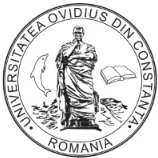Detailed introduction of Ovidius University of Constanta:
Introduction and Overview
Ovidius University of Constanta is a large public comprehensive university in Constanta, Romania. It is named after the Roman poet Ovid. It has an important position in the Black Sea region, offers a wide range of academic courses and research opportunities, has about 15,000 students from different countries and regions, and has a multicultural learning atmosphere.
History and Founding Time
The school was founded in 1961 and was originally a teacher training college with four faculties. In 1977, according to the Decree No. 209 of the State Council, the college became a higher education institution and was reorganized. In 1990, by government decision, the college was transformed into a comprehensive university named Constanta University. In 1991, according to the Order No. 4894 of the Ministry of Education and Science, the university was renamed Ovidius University of Constanta.
School Strength
Faculty: It has a large number of professional teachers and researchers who can provide high-quality teaching and guidance to students.
Student size: about 15,000 students, including more than 1,200 international students.
Research achievements: Conducting scientific research activities in many fields, actively participating in international cooperation projects, and playing an important role in academic research and cultural exchanges in the Black Sea region.
Nature of the institution
Public university.
Educational philosophy
Committed to creating, maintaining and disseminating knowledge to society, meeting European standards through education, research and artistic creation, actively participating in community activities, and having an impact on the entire Black Sea region, Europe and even the wider region, focusing on cultivating students' creativity, innovation and practical ability, and striving to enable graduates to adapt to the highly competitive labor market in Romania, the European Union and the world.
Key laboratories and disciplines
Key laboratories: The school has multiple research centers and laboratories, but there is currently no public information on specific key laboratories.
Advantageous disciplines: Covering multiple fields such as medicine and health, science and technology, engineering, humanities and arts, business and social sciences, among which medicine, life sciences, natural sciences, engineering, economics, law and other majors are relatively well-known.
Faculty
The university consists of 19 faculties, including the Faculty of Science, the Faculty of Engineering, the Faculty of Humanities and Theology, the Faculty of Social Sciences, the Faculty of Life and Medicine, etc., offering undergraduate, master's and doctoral programs.
Ranking
Ranked 401-450 in the 2022 QS Emerging Europe and Central Asia region and 103rd in the 2025 European University Eastern Europe region ranking.
Expenses
Tuition fees vary for different majors and degree levels, but no exact public figures have been found. Tuition fees at public universities in Romania are generally between 2,000 and 4,000 euros per year, but tuition fees for certain majors or courses at the university may be slightly higher.
Campus Environment
Campus Facilities: There are two main campuses, the Central Campus is located at 124 Mamaia Avenue, which is the headquarters of the school and the Faculty of Science and Engineering; the North Campus is located at 1 University Lane, which is the home of the Faculty of Humanities and Theology, the Faculty of Social Sciences, the Faculty of Life and Medicine, etc. The campus has modern teaching buildings, libraries, laboratories, reading rooms and other teaching facilities, as well as sports facilities for students to use.
Cultural atmosphere: Constanta is an important coastal city in Romania, with rich historical and cultural heritage and tourism resources. The campus cultural activities are rich and diverse, and students can participate in various academic lectures, cultural festivals, sports competitions and other activities, while also enjoying the city life and coastal scenery of Constanta.
-

Grigore T. Popa University of Medicine and Pharmacy
-
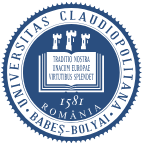
Babes-Bolyai University
-
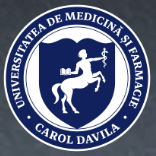
Carol Davila University of Medicine and Pharmacy
-
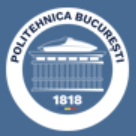
Politehnica University of Bucharest
-
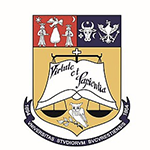
University of Bucharest
-

Technical University of Cluj-Napoca
-
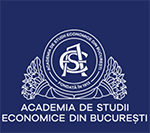
Bucharest Academy of Economic Studies
-

1st December 1918 University of Alba Iulia
-

West University of Timisoara
-
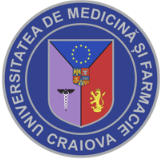
University of Medicine and Pharmacy of Craiova
-

Mesoamerican University
-

Istmo University
-

Mariano Galvez University of Guatemala
-

Regional University of Guatemala
-

Galileo University
-

Francisco Marroquín University
-

Rafael Landívar University
-

University of the Valley of Guatemala
-

University of San Carlos of Guatemala
-

Technological Institute of Tlaxcala Plateau
-

Golfo University
-

Technological University of South Sonora
-

Technological University of Huejotzingo
-

Tizimín Institute of Technology
-

Chilpancingo Institute of Technology

